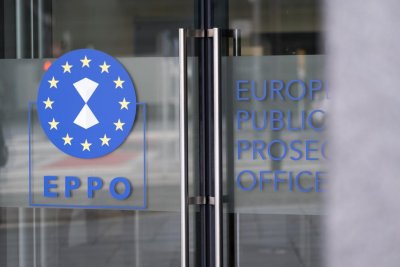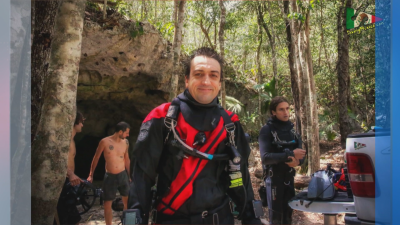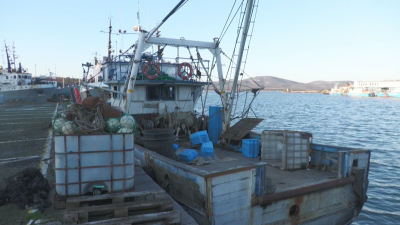Bulgaria has 11 days to formally request an exemption from US sanctions for the Lukoil Neftochim refinery in Burgas. Experts say this can only be done once a special administrator is appointed to the company — a step legally possible even under current legislation, without waiting for the latest amendments to the law to be promulgated.
The business community is urging the government to clarify what measures have been taken and what further actions are planned.
Prime Minister Rosen Zhelyazkov confirmed that potential candidates for the position of special administrator are already being discussed.
Under the latest amendments to the Law on the Administrative Regulation of Petroleum Trade, the special administrator would have expanded powers — while unable to sell company property, they could sell its shares. Proceeds from any such sale would be deposited into a special account at the Bulgarian Development Bank, overseen by the Minister of Finance.
Martin Vladimirov, Center for the Study of Democracy:
“There are serious hidden pitfalls that pose a long-term risk to the country. The main concern is the explicit removal of judicial oversight, which contradicts the Bulgarian Constitution. Another issue is that if the state proceeds with the sale of the company’s assets, the account that is opened in the Bulgarian Development Bank can be ordered by the Minister of Finance — yet it is not specified that the proceeds would benefit the rightful owner of the shares, namely Lukoil.”

Vladimirov added that similar provisions in German law — cited as a model for the amendments — have not been fully replicated. He warned that if a sale amounts to nationalisation, Russia could seek compensation under the bilateral investment treaty between the two countries, potentially through UN arbitration, resulting in far higher costs for Bulgaria.
Martin Vladimirov from the Centre for the Study of Democracy said: “If a sale takes place that effectively results in the nationalisation of the assets, the Russian state could seek compensation, as there is a bilateral agreement between Russia and Bulgaria which would trigger an arbitration court under the United Nations. This could lead to a situation where the Kremlin receives from Bulgaria a compensation payment significantly higher than the actual value of the assets at the time of sale.”
The refinery remains Bulgaria’s largest producer and supplier of fuels, and uncertainty surrounding its future has raised alarm among businesses.
The American Chamber of Commerce in Bulgaria has called on the Bulgarian government to provide a clearer position on the matter.
The Chamber explained that businesses have a contingency “Plan B”, but said that time and resources are needed — and that this is where the state must step in.
“My appeal and message are linked to the approaching deadline of 21 November and the growing concern within the business sector about what happens after that date, as the sanctions come into force. We may very well witness a shutdown of the refinery’s operations if no action is taken — various scenarios are being discussed,” the Chamber said.
According to Ivan Mihaylov, Executive Director of the American Chamber of Commerce in Bulgaria, if no derogation is granted, some companies may themselves refuse to work with the refinery out of concern for their own business interests.
“Even if fuel supplies continue, there are companies that will not wish to use Lukoil products out of fear that they might fall under sanctions — that is how the mechanism works,” Mihaylov explained.
The Chamber reiterated that businesses have a contingency ‘Plan B’, but stressed that both time and resources are required — and that this is precisely where the state must intervene.
“Business processes have to keep running — the question is how much more expensive Plan B will be,” Mihaylov said. “The dependency on Lukoil’s supplies is extremely high, not only for the domestic market but also for our neighbouring countries.”
The organisation has also called for greater transparency in the work of the future special manager in order to guarantee the protection of private interests.
Ivan Mihaylov, Executive Director of the American Chamber of Commerce in Bulgaria, said:
“The transparency of the special manager’s actions is, in practice, within the prerogatives of the state — of the authority that appoints him. We will judge by the actions taken; at this stage, I cannot say whether the situation is concerning or not. Our position is that the enterprise must remain operational. Ideally, it should continue as a private company, since we all know the state is not always the best steward.”

According to Martin Vladimirov from the Centre for the Study of Democracy, it is possible to appoint a special manager under current legislation with more limited powers, with the law subsequently being refined.
Vladimirov said:
“This forms the basis on which Bulgaria can request a waiver from the Ministry of Finance by 21 November. If there is no special manager in place by then, it will be much more difficult to obtain such a licence from OFAC afterwards, which is why it is important for this to happen now. The sale can be considered at a later stage.”
Former energy minister in the Petkov government, Alexander Nikolov, noted that Bulgaria currently holds the so-called “First Share” in the refinery.
“The state still has a representative on the Supervisory Board, which is the ultimate governing body of the refinery. Beyond that, I have not heard a factual figure,” said Nikolov.
He stressed that the state must carefully consider its next steps.
“Because we are talking about an extremely large sum of money—truly a very significant amount—with an impact exceeding BGN 15 billion annually. The refinery is key, not only for Bulgaria, but also for the Balkans and Southeast Europe. If anyone decides to create an artificial crisis in order to profit from it, that would be an extremely wrong decision,” Nikolov added.
The expanded powers of the special manager have not yet come into effect.
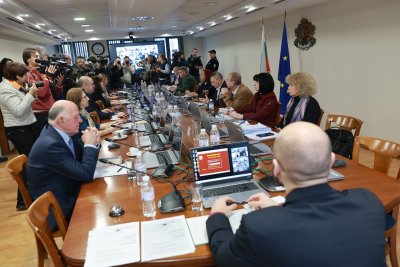
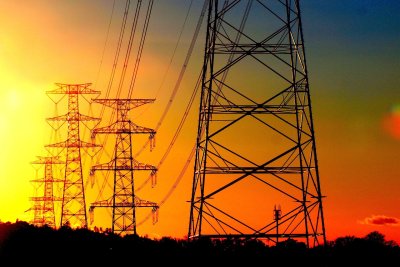
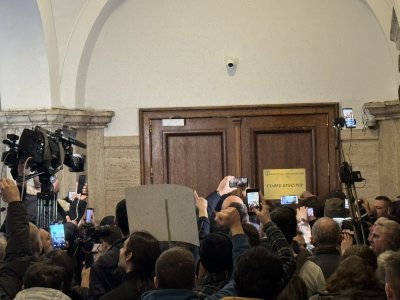
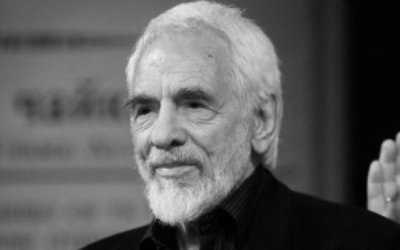
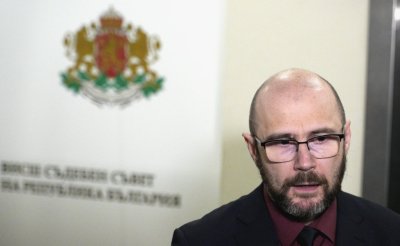






 Чуй новините
Чуй новините Подкаст
Подкаст



